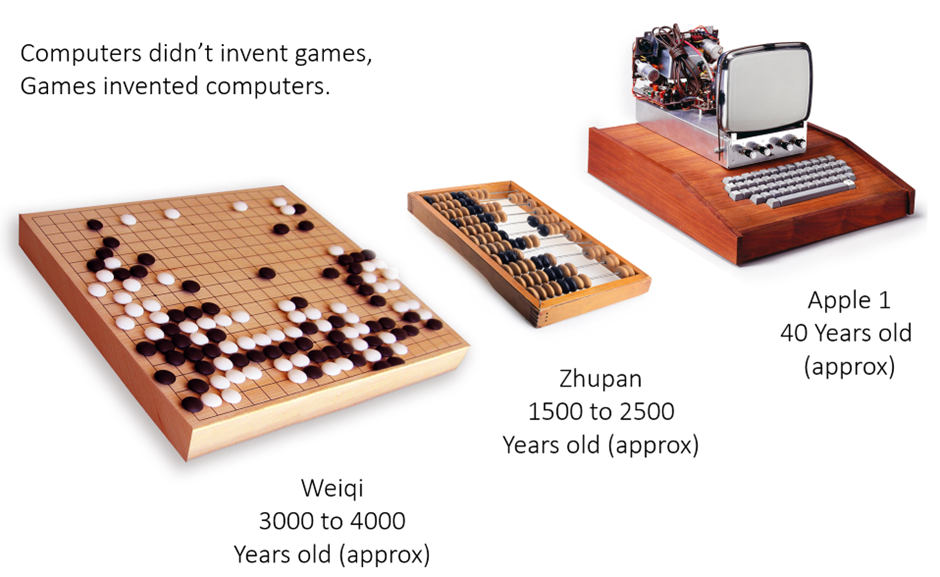占
These fortunes have been generated by combining teachings from historical divination games spanning Tarot cards, I-Ching, Omikuji, and Weichi inspired geomancy.
Existing throughout history and culture in both sacred and profane contexts, games serve not only to entertain, but also to calculate alternate histories and clairvoyant predictions into distant futures. Games are thus time machines collapsing spatial and temporal horizons into an everywhen.
Feng Shui Dination in binary code

